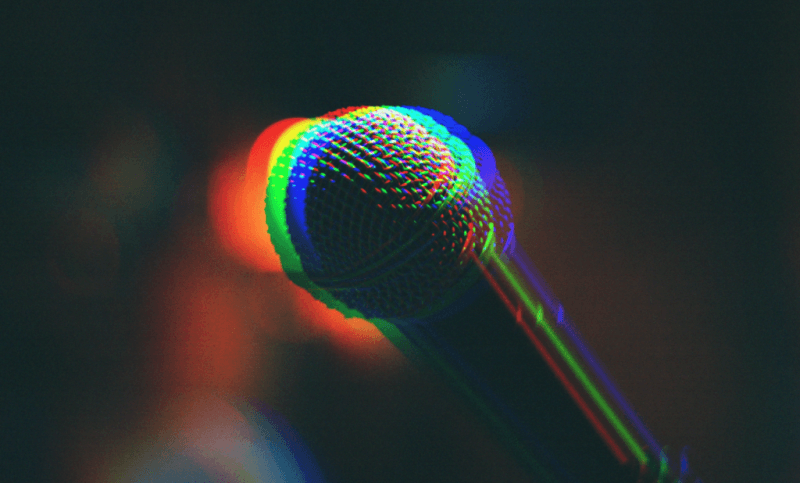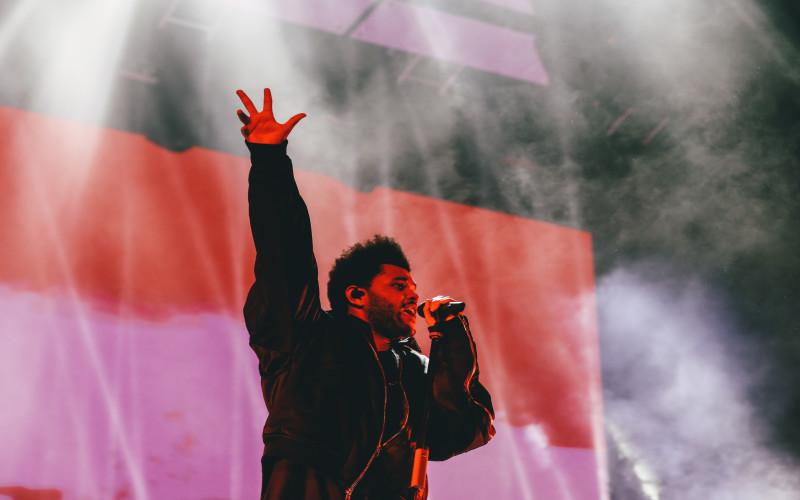Introduction
For years now, artificial intelligence has been making huge waves across the music industry. Auto-tuned vocals and holographic performances show how technology has become an integral part of how we create and consume music. But now AI is stepping into the world of hip-hop in several unprecedented ways, generating AI rap covers and autonomous AI rappers. This growing role of AI in hip-hop is causing some serious controversy.
While introducing new creative possibilities, AI should not fully replace people and our artistry. At Staccato, we understand AI can become a tool to springboard human creativity rather than diminish it. AI has huge potential to change the future of rap, which is exactly why we need to guide its advancement wisely.
Table of Contents
1. The Rise of Viral AI Rap Songs
• AI Drake Hits 4.7M Views
• Viral AI Rap Covers
• The First Fully AI Rapper
• AI in Music Videos
2. Controversies of AI Rap
• Veteran Rappers Reject AI Rap
• Legality Surrounding AI Rap
The Rise of Viral AI Rap Songs
Articifial intelligence has generated several rap songs that have gone viral, attracting millions of listeners. Tracks mimicking popular artists like Drake, Kanye, and even Frank Sinatra have sparked this new AI hip-hop craze.
AI Drake Hits 4.7M Views
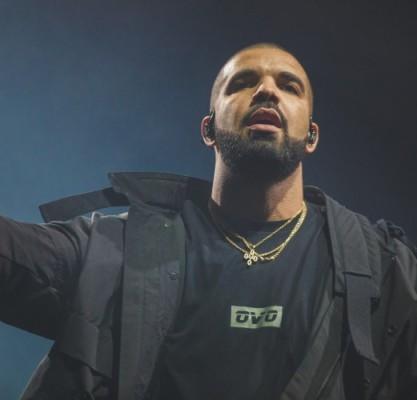
In the world of AI hip-hop, AI Drake is by far the most popular. Fans use AI to mimic Drake's (or any other artist’s) voice and rap new songs, often with AI-written lyrics. Some of AI Drake’s songs include “Heart On My Sleeve” (4.7m views on YT), “Winters Cold” (550k views on YT), and “Not a Game” (60k views on YT). The AI's ability to synthesize Drake's signature style, from his recognizable vocal tones to his candid lyrics is astonishing.
Creators soon followed with other AI-Drake tracks, along with an entire 36-song AI Drake album titled “If You're Reading This It's Two Late.” Tens of thousands have listened to this album on SoundCloud.
Viral AI Rap Covers
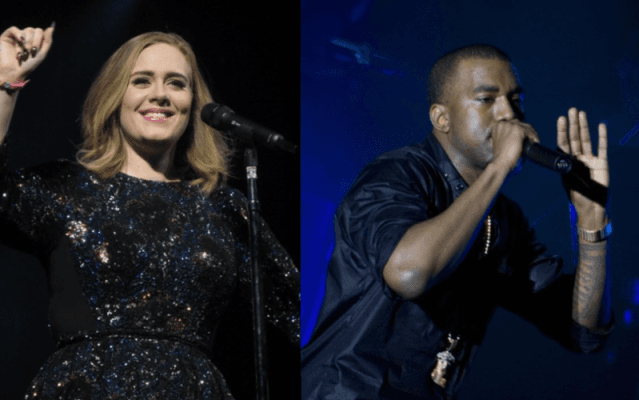
The hype around AI soon expanded beyond Drake clones into the world of cover songs. Classics have been reimagined with AI Frank Sinatra's rendition of Coolio’s “Gangsta's Paradise” (2.5m views on YT) and AI Kanye’s rendition of Adele’s “Someone Like You.” (462k views on YT). Take a look, it’s definitely worth your time.
Cutting-edge AI technology has opened the door for incredibly creative musical cross-overs. By analyzing the qualities of artists’ voices, AI can simulate any artist’s performance of any song.
As AI continues to evolve, even artists have started integrating AI rap verses into their songs. For example, the electronic rap-duo AllttA recently released a track, "Savages", which features a verse performed by an AI-generated Jay-Z.
The First Fully AI Rapper
On the heels of this viral AI hip-hop frenzy, the stage was set for the emergence of the first fully autonomous AI rapper. In 2019, FN Meka was unveiled - a virtual artist voiced through AI systems and brought to life as a 3D avatar.
This trailblazing AI MC secured a major record deal in 2022 with Capitol Records – who’ve signed the likes of Ice Spice, Katy Perry, and Paul McCartney.
Unfortunately, the AI rapper's design featured tropes like gold teeth and gang symbols that many criticized as “digital blackface”. The avatar was dropped by the label ten days after it was signed due to its controversial stereotyping of African Americans.
In the wake of this controversy, it’s become clear that humans bear responsibility for how we shape AI systems. Programmers must be conscientious about how they program AI systems to behave and appear.
AI in Music Videos
Recently, artists have been using AI as a collaborative tool for shooting creative music videos.
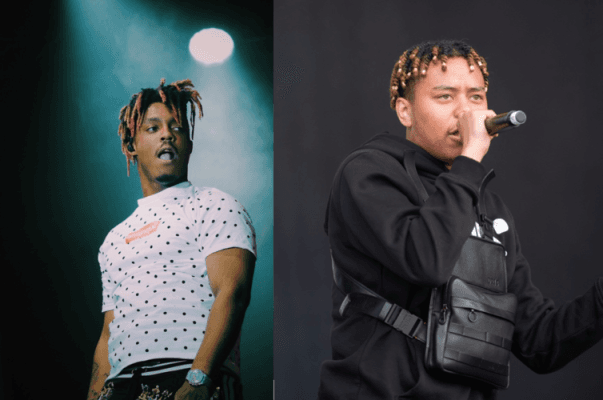
Rapper Cordae used deepfake technology in his music video for the new single "Doomsday," featuring the late Juice WRLD. The two artists had recorded the track together before Juice WRLD's passing.
To honor Juice WRLD's contribution to the song, Cordae implemented a technique where his face is replaced by Juice WRLD's face during Juice WRLD’s verses. This allowed the video to showcase Juice WRLD's vocals through an AI-powered visual of the late rapper performing his part in the collaboration.
The music video ends with a behind-the-scenes clip of Juice WRLD and Cordae in the studio in 2019, where they are discussing the track. Juice WRLD was especially excited about this video, and it was special that Cordae was able to posthumously feature him so prominently in it using AI technology.
This innovative use of AI shows how the technology can enable touching tributes of unfinished collaborations when used with respect for deceased artists' legacies.
Controversies of AI Rap
Not everyone welcomes AI's infiltration into hip-hop. While fans may enjoy the limitless possibilities of creating AI covers, it’s causing some serious problems for the artists whose names and likenesses are being used.
Veteran Rappers Reject AI Rap
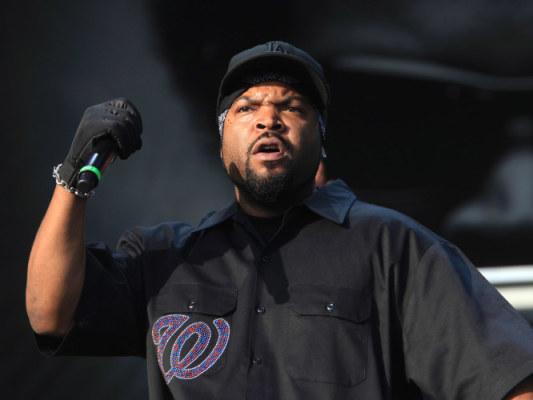
Several rap veterans have spoken out against AI systems churning out hip-hop. Ice Cube made his stance clear on a recent FULL SEND podcast: "I think AI is demonic.” In his view, formulaic AI can never capture the authenticity that fuels hip-hop.
At the same time, he opposes the idea of using people’s identities as tools. He strongly urges artists to act against AI rap. When asked about AI Drake’s “Heart Up My Sleeve”, he responded, “I don't wanna hear that b******t. [Drake] should sue whoever made it."
Drake eventually expressed his disapproval of AI rap as well. When an AI track of him covering Ice Spice’s “Munch” surfaced, he posted an Instagram story with the caption, "This is the final straw AI."
Artists across the industry agree that people should not be able to exploit an artist's name, image, or likeness without permission. This backlash highlights concerns about AI potentially violating creative rights.
Legalities Surrounding AI Rap
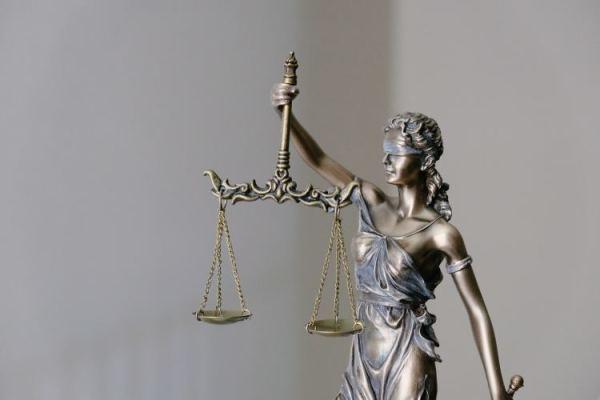
Adding to the debate is the legally murky nature of AI rap. As copyright law lags behind tech innovations, experts say AI rap exists in a gray area.
As entertainment attorney Antoine Wade explains, copyright law does not explicitly protect an artist's voice or style. But big names like Drake, Kanye, and Jay-Z could potentially sue over AI mimicry since their voices are so famous. For up-and-comers though, it's much harder.
Wade argues that the law needs to change to require disclaimers on AI rap and restrict people from making money off it without permission. Otherwise, most rappers lack protection from AI mimicry. False statements made using an AI version of a rapper's voice can also lead to lawsuits.
Additionally, the use of deceased artists' voices and likenesses in synthetic rap resurrections has sparked controversies - especially as laws around posthumous usage vary state-by-state.
For now, the law hasn't kept up with AI rap, so artists' rights are unclear. New regulations are needed to fix this issue.
The Future of AI Rap: Dystopia or New Frontier?
As AI rap technology races ahead, artists and legal experts alike are left to ponder - is this the start of a promising new frontier or a dystopian future for hip-hop?
Our perspective is that AI is simply a new tool - one that, like any tool, can uplift or diminish human creativity depending on how we wield it. Developed carefully and conscientiously, AI has the potential to become a springboard for human expression rather than a replacement.
Synthetic vocals could let deceased or disabled artists participate in hip-hop in novel ways. AI collaborators could even inspire new styles and challenge rappers to heighten their skills. If guided by ethical priorities - not commercial exploitation - AI rap may have a bright future.

Raian Ohtaka – Digital Marketing Intern, Staccato
Raian is a UCLA alumnus who brings a unique set of analytical and creative skills to the digital marketing realm. Beyond the screen, Raian's passion for music finds an outlet in his guitar playing. He is always eager to explore the dynamic intersection of technology and music.
